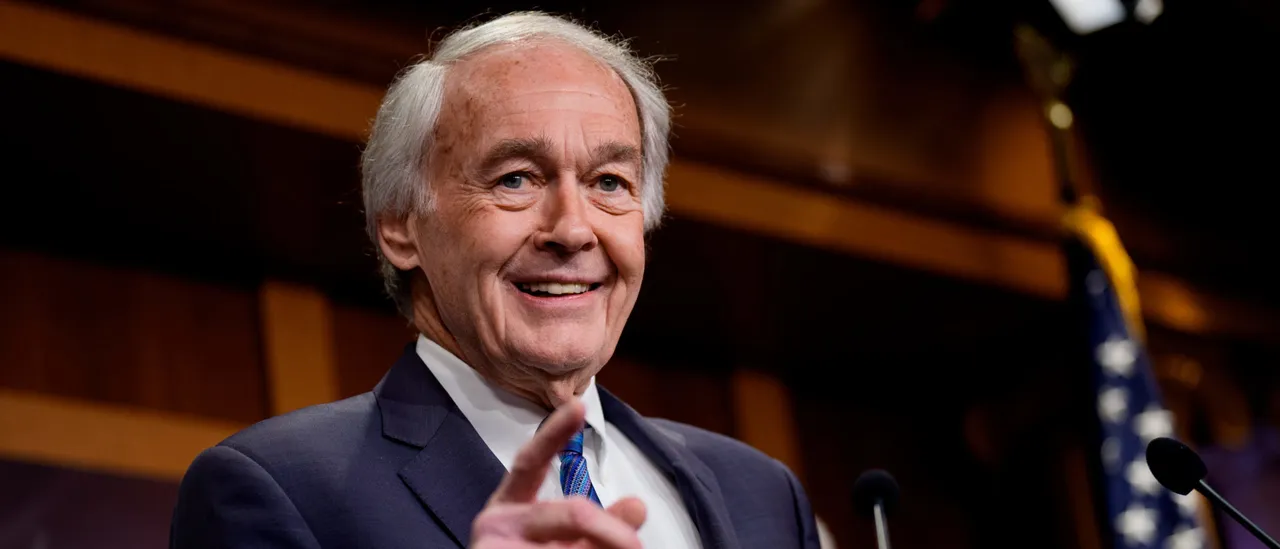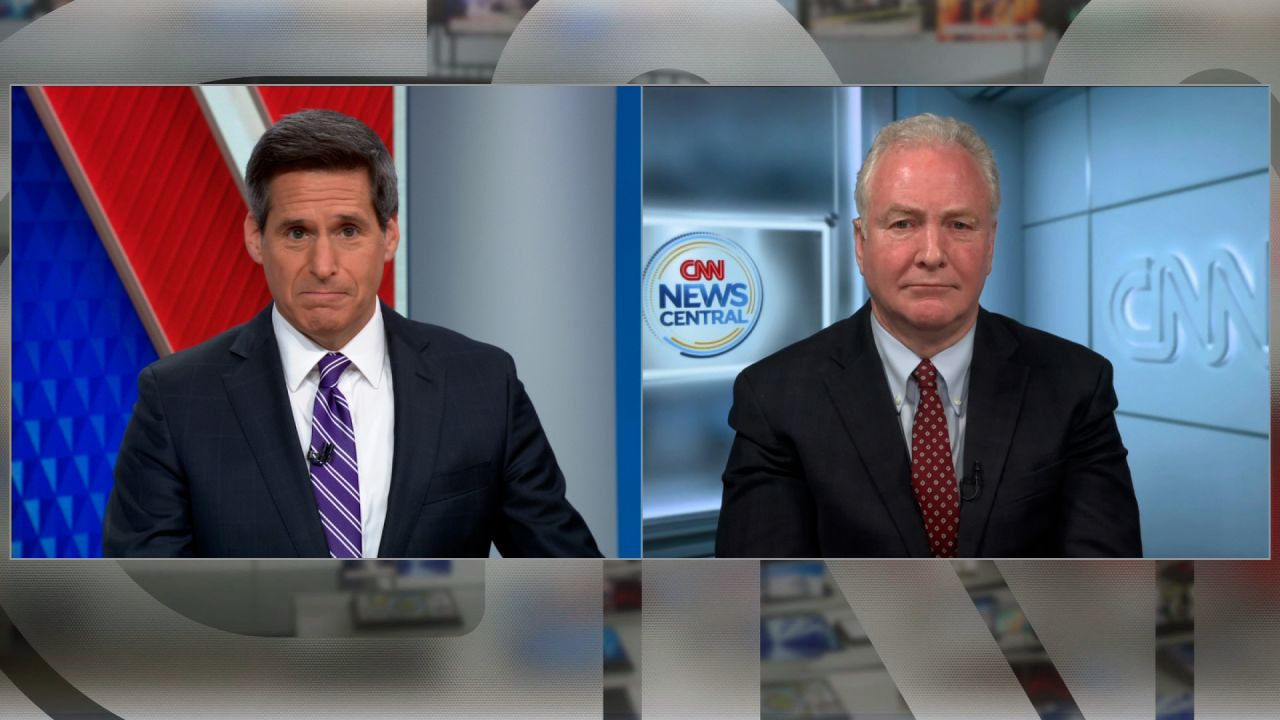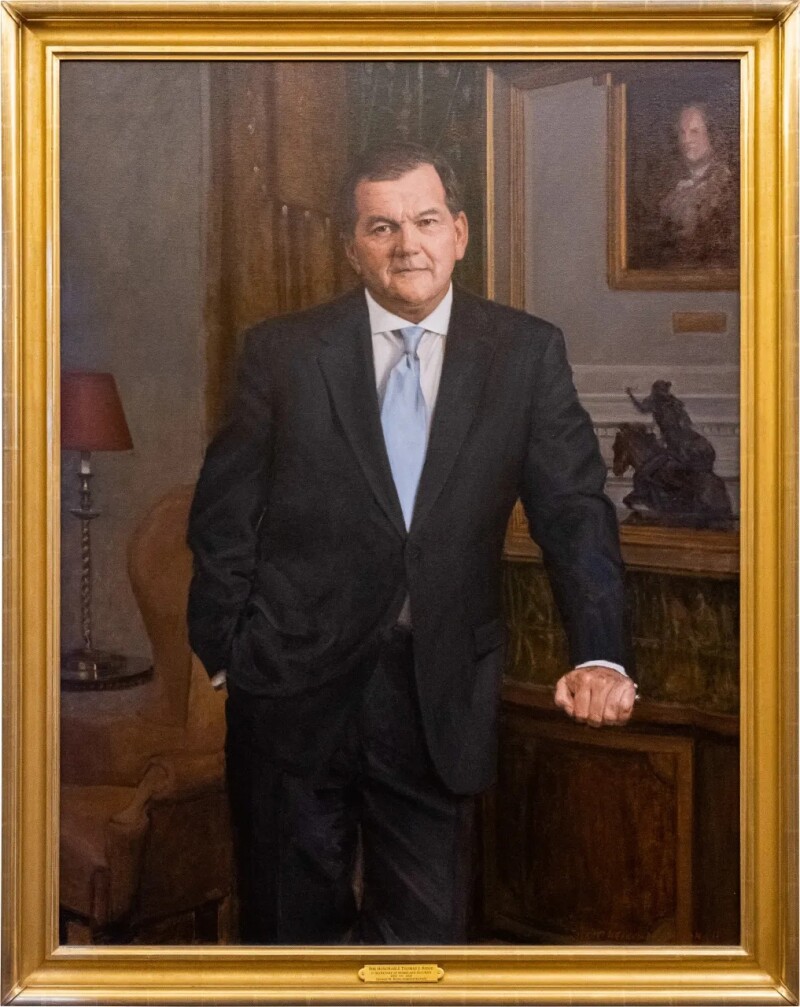Democratic Senator Ed Markey of Massachusetts has blocked legislation aimed at withholding paychecks for lawmakers until the ongoing government shutdown concludes. This occurred when Republican Senator Rick Scott of Florida sought unanimous consent on Thursday afternoon to advance his proposed No Budget, No Pay Act in the Senate. Markey’s objection highlights the contentious atmosphere in Congress as federal employees, including congressional staffers, continue to work without receiving their pay during the current 37-day shutdown.
During the debate, Scott challenged Markey, stating, “If he’s willing to defer his paycheck, why wouldn’t he allow my bill to pass that all of us should defer our paychecks until the government gets open again?” He emphasized that reopening the government is the right course of action. Markey has indicated that he has requested his own paycheck be deferred until the government reopens, showcasing a willingness to sacrifice his salary during this crisis.
Not all Democratic lawmakers share the same perspective regarding their salaries during the shutdown. Senator Ruben Gallego of Arizona expressed his inability to forgo his paycheck, showing the varied responses among Democrats to the financial implications of the shutdown. When questioned about his salary plans, Gallego reacted with irritation, indicating the complexity of the situation for many lawmakers.
Members of Congress earn an annual base salary of $174,000, with those in leadership positions receiving higher pay. Article I, Section 6 of the U.S. Constitution guarantees this government salary, creating a unique dynamic during budget impasses.
Markey also criticized Republicans, accusing them of “holding the health care of Americans hostage” and urging them to engage in negotiations regarding health care demands to resolve the prolonged shutdown. Scott countered that Republicans will not entertain Democratic requests until they agree to vote for a government reopening.
The tension over funding has been palpable, with Markey voting against a clean bipartisan stopgap bill to temporarily fund the government on 14 occasions. Scott pointed out the detrimental effects of the shutdown, stating, “You don’t do it by shutting down government and making sure our military doesn’t get paid, our TSA doesn’t get paid, or FAA doesn’t get paid, or Capitol Police doesn’t get paid, or all of our federal workers don’t get paid, and we prevent 42 million people from getting food stamp benefits.”
Increasing frustration among Senate Republicans is evident as they perceive that Democrats are willing to prolong the shutdown despite its impact on their constituents. Senate Majority Leader John Thune remarked, “We did clean continuing resolutions to keep the government funded, and … they tried to hijack it, take it hostage,” suggesting that the Democrats’ approach may be influenced by a desire to appease their progressive base.
As the political landscape becomes increasingly competitive, Markey, who has served in Congress since 1976, faces a challenge from Massachusetts Representative Seth Moulton in the upcoming 2026 Democratic primary. Moulton has framed his campaign around the necessity for generational change within the party.
The ongoing government shutdown raises significant concerns about the impact on federal employees and services, as well as the political ramifications for lawmakers involved in the standoff. The public continues to watch closely as negotiations remain stalled, with each side holding firm to their positions.







